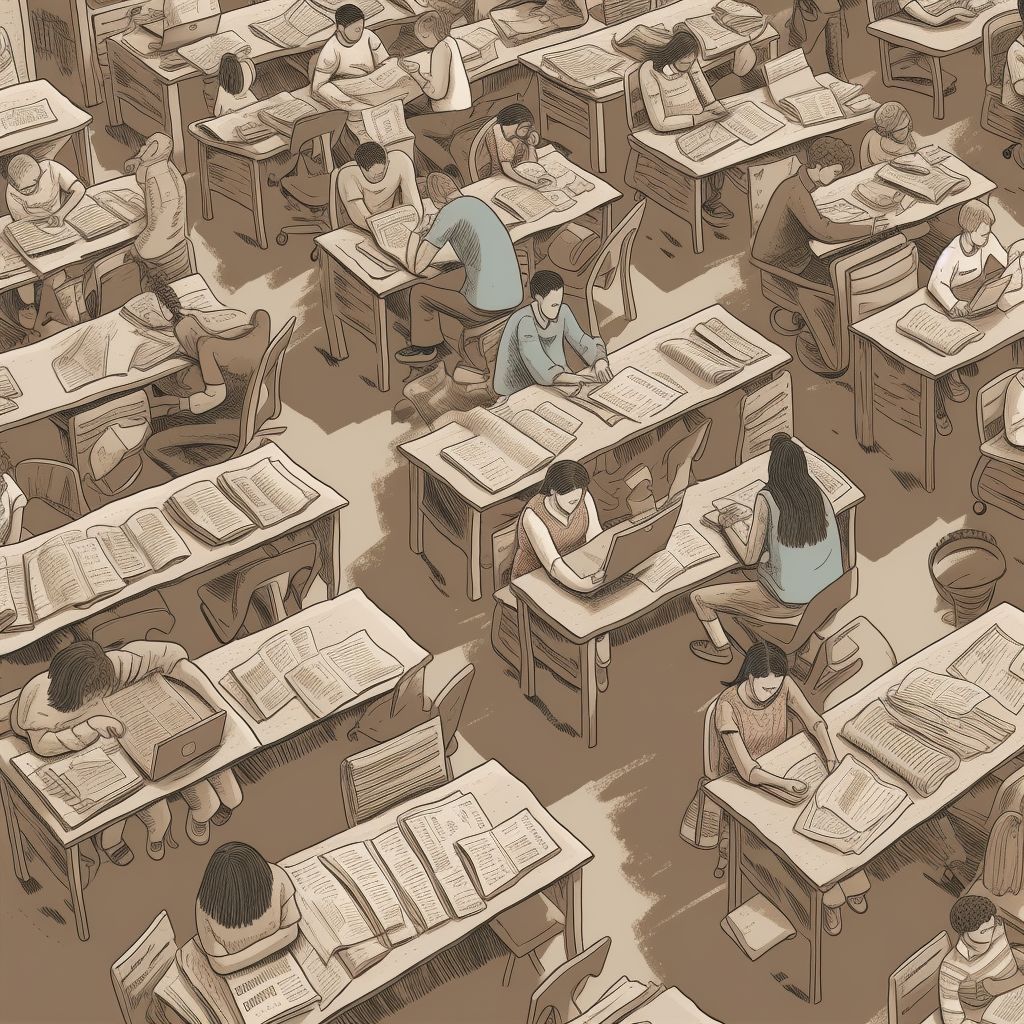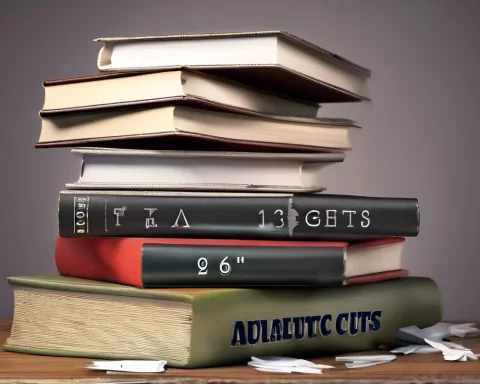South Africa is facing a significant literacy crisis, with nearly 80% of Grade 4 students struggling to read for meaning despite the efforts of the Department of Basic Education’s National Reading Plan. In the town of Makhanda, where educational inequalities are prevalent, teachers are grappling with overcrowded classrooms and limited support in no-fee schools.
Teacher Shortages and Educational Inequalities
At Tantyi Primary, a township school in Makhanda, Mandisa Peter teaches both Grade 2 and Grade 3 learners due to teacher shortages. She expresses her frustration as learners advance to Grade 4 without proper reading comprehension skills. The school’s principal, Priscilla Glover, shares Peter’s concerns and calls for more teachers to provide better education.
The teacher-to-learner ratio in South Africa is worsening, particularly in non-fee-paying schools and poor provinces, leading to a deepening literacy crisis. The Reading Panel 2030, a civil society organization monitoring the government’s literacy goals, warns that the retirement of many teachers without adequate replacements will exacerbate the situation.
Challenges Faced by Educators and Learners
Good Shepherd Primary, located in Makhanda, faces similar challenges. Grade 2 teacher Hope Prince, who is passionate about teaching reading, emphasizes the importance of reading for meaning by Grade 4. However, she finds the workbooks provided by the Department of Basic Education unsuitable for learners who struggle to understand long sentences.
While some students, such as Lilitha Marangxa, a Grade 4 student at Good Shepherd, read at an above-average level due to their supportive families, retired teacher Angela Marangxa highlights the importance of a strong foundation in reading and the need for one-on-one support.
Government Initiatives and Criticisms
The Department of Basic Education has implemented initiatives like the Primary School Reading Improvement Programme (PSRIP) and the Early Grade Reading Assessment (EGRA) toolkits in response to the literacy crisis. However, critics argue that the budget allocation for these programs is insufficient and that existing budgets must be better utilized by provincial education departments and schools. The Department hasn’t commented on overcrowded classrooms and the lack of teachers.
The Importance of Finding Solutions
Despite the passion of teachers and efforts of the government, South Africa’s literacy crisis persists due to overcrowding, insufficient resources, and a lack of specialized support. Reading for meaning is crucial, and all stakeholders must work together to ensure that every child receives the education they deserve. Finding solutions to these challenges and providing necessary support for both teachers and learners is crucial for the future of South Africa’s children.












